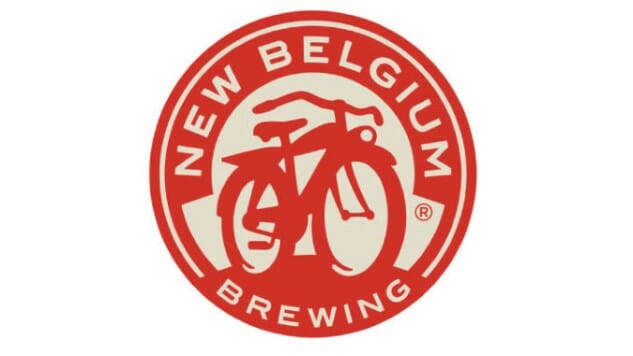New Belgium Will be Acquired by Kirin-Owned Lion Little World Beverages

Another domino has fallen, as yet another member of the brewing world’s decorated old guard has sold to a multinational conglomeration. Today, Fort Collins’ CO’s legendary New Belgium Brewing announced it would be acquired by Lion Little World Beverages, itself owned by Asian brewing mega-corp Kirin.
It ends a period since 2013 wherein the brewery had been 100% employee-owned, which had served as a roadmap for other craft breweries seeking an employee ownership model. Likewise, this will spell the end of New Belgium being considered a “craft brewer” by the Colorado-based Brewers Association, by that trade group’s own (ever-changing) definition of the word. The brewery will remain based in Fort Collins, with all its facilities (including the brewery in Asheville, NC) in operation, with CEO Steve Fechheimer overseeing day to day operations. Co-founder Kim Jordan, one of the beer industry’s most recognizable figures, will remain “in an advisory role, and will collaborate with other founders within Lion’s portfolio,” according to Brewbound. San Francisco’s Magnolia Brewing Company, in which New Belgium owned a stake, will likewise be included in the deal.
Jordan responded to the sale with a letter to New Belgium fans, posted on the brewery website, in a fairly clear attempt to stave off various lines of potential criticism before they have a chance to reach some critical mass. In that letter, she spoke for the need of the sale, obliquely noting the increased competition with which the brewery now deals every day as a national player. She wrote the following to that effect:
We all know the world of craft brewing is dynamic. In the US, the number of breweries has nearly doubled in the last four years to 7,500. At New Belgium, we’ve needed to balance the cash demands of our ESOP and selling shareholders, with the operational need for more capacity (hence the brewery in Asheville) and the need to grow our brand by reaching more beer drinkers with our brand message. These are a lot of competing priorities and it has been difficult to do all of them as well as we’d like. As we surveyed the landscape over the last several years, we found that options to raise capital while being an independent brewer weren’t realistic for us. Some of the most widely used options by craft brewers were going to compromise a lot about what makes New Belgium great; environmental sustainability, and a rich internal culture. Some of these were going to lead to cost-cutting or a lack of focus on sustainability. Having the support and resources of Lion Little World Beverages, allows us to attend to those competing priorities and utilize our brewery capacity to its fullest.
Members of the employee ownership program, who will need to approve the sale, will be compensated with “retirement money,” to the tune of $100,000 or more. Jordan went into more detail about this as well:
-

-

-

-

-

-

-

-

-

-

-

-

-

-

-

-

-

-

-

-

-

-

-

-

-

-

-

-

-

-

-

-

-

-

-

-

-

-

-

-








































